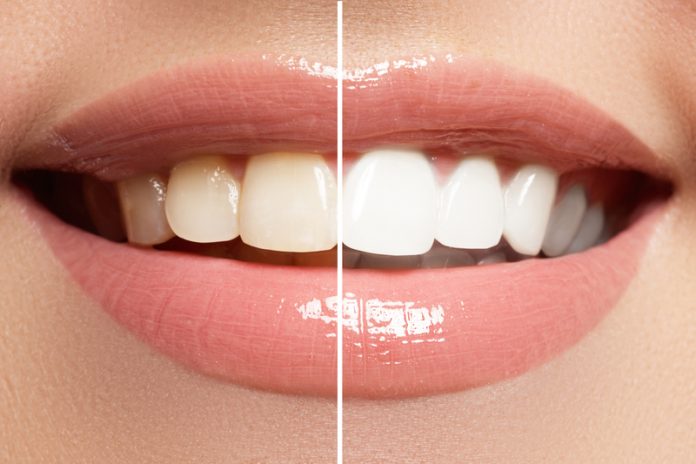The Oral Health Foundation is calling for free dental care for mouth cancer patients to combat the discriminatory costs of ongoing healthcare that survivors are often burdened with
Following treatment for mouth cancer, patients are faced with a series of long-term oral health issues, that often result in complex and expensive dental work. The charity estimates that mouth cancer sufferers could face dental costs of up to £1,500.00 over five years – around five times higher than that of the national average.
The Oral Health Foundation has labelled it a ‘tax on cancer’ and believes government should be supporting cancer patients financially in their aftercare.
Dr Chet Trivedy, trustee of the Oral Health Foundation and consultant at Kingston Hospital says: “In addition to the overwhelming emotional and psychological impact that mouth cancer can have, survivors can also be challenged with several oral health issues. Chronic toothache, tooth loss and dry mouth are just some of the common problems that require long-term dental care.
“Frequent dental treatment is often a necessity for mouth cancer victims. With NHS dental charges ranging from £21.60 to £256.60 in England, the recurring costs over the course of a year can be staggering.
“The financial impact of mouth cancer is often overlooked. As it stands, there is a tax on mouth cancer. This is highly discriminatory and extremely unfair. We are urging health ministers to address this inequality. Free dental care will go a long way to support mouth cancer patients in their aftercare.”
Annual cases of mouth cancer have reached 8,300 in the United Kingdom. It is one of the fastest-increasing cancers, with cases growing by 49% in the last decade and 135% in the last generation.
New research, conducted as part of November’s Mouth Cancer Action Month finds that four in five (81%) Brits believe that mouth cancer sufferers should be financially supported for their ongoing dental treatment.1 More than half (57%) believe those diagnosed with mouth cancer should not have to pay anything to address their complicated oral health needs.
The findings were published in the State of Mouth Cancer UK Report 2018. The report raised the on-going costs associated with mouth cancer as one of the major challenges sufferers are facing.
In addition to more oral health problems, mouth cancer sufferers face the chance that their cancer can return. Paul Roebuck (56) from Stratford-Upon Avon, completed his treatment for mouth cancer exactly one year ago. Paul now requires a dental check-up every two months and is left footing the bill.
Paul says: “I visit the dentist in between my two-monthly hospital appointments because I never know if, or when my, cancer may come back. It cannot be identified by a blood test and it is unreasonable and impractical to have CT or MRI scans so often.
“Visiting the dentist is my insurance policy. Hoping that if something does appear, they can catch it early.”
Chief Executive of the Oral Health Foundation, Dr Nigel Carter OBE, adds: “There are significant ethical and moral issues around paying for the privilege to be examined for cancer.
“Cost remains a significant barrier for why people continue to avoid regular dental visits. These are crucial for frequent mouth cancer examination and for diagnosing cancer as early as possible.”
Taking place throughout November, Mouth Cancer Action Month is supported by Simplyhealth Professionals and aims to raise awareness of mouth cancer and save lives by promoting the values of prevention and early detection.
In addition to regular dental visits, the Oral Health Foundation recommend self-checks at home. The symptoms of mouth cancer include mouth ulcers that do not heal within three weeks, read or white patches and unusual lumps and swelling. These symptoms can be found in the mouth, on your or in the head and neck areas.











